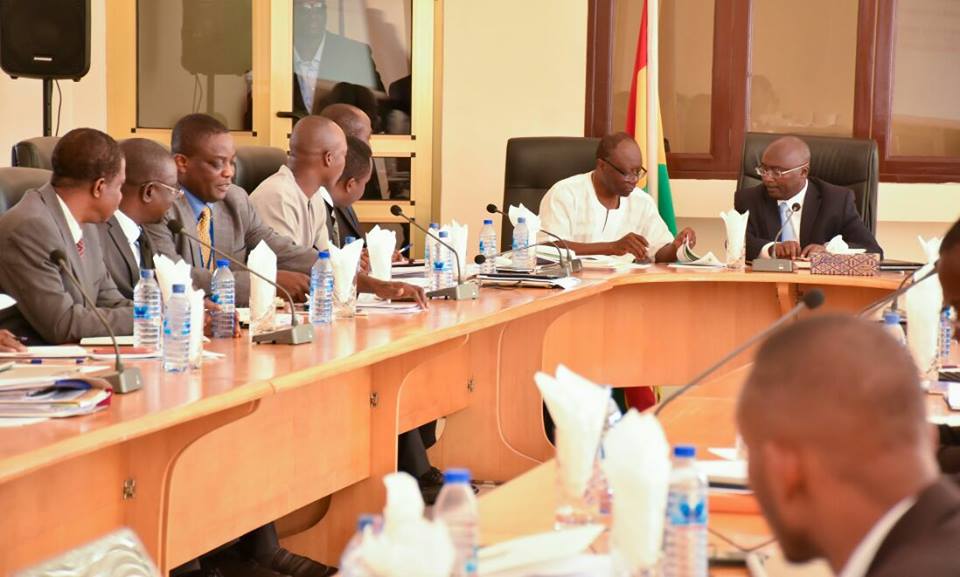It is now common practice for modern governments to have a small group that overseas discussions, decisions and supervise implementation of policies across a country as opposed to the, traditional approach of a President or Prime Minister making all the decisions in consultation with the ministry or department concern. In Ireland and a few other countries, it is known as the National Economic and Social Council but in Nigeria and Ghana – the National Economic Management Team.
With the Vice President Mahamudu Bawumia as chairman and the likes of the former the Bank of Ghana governor, Dr. Pual Acquah, Prof. Gyan Baffour, Prof. Ernest Aryeetey, former Vice Chancellor University of Ghana, Legon, Dr. Kofi Konadu Apraku, Finance Minister Ken Ofori-Atta, Kwaku Kwarteng Deputy Finance Minister, the 11-man team is tasked with developing strategies to transform the country’s economy.
However, many still argue about how their activities directly affects the potential investors in the economy, especially on the basis that it is more or less a government ‘think tank’ that already has the administration’s agenda as a clear framework for its business. In Ghana’s case, a plan for a nation-wide industrialization and massive job creation: one that has already taken roots with the disclosure of tax cuts for various industries and measures to implement the famous ‘one-district-one-factory’ project.
Prominent among major actors in the Ghanaian economy of the view that the team’s activities actually affects the flow of investments into the country is the Private Enterprise Federation (PEF), a non-profit group with the aim of supporting the development and growth of the Ghana’s private sector.
In interview with Business & Financial Times Ghana earlier, the Chief Executive Officer of PEF, Nana Osei Bonsu, said it was time for the Economic Management Team disclosed its report to the business and general public. Claiming that it would enable businesses to make appropriate decisions as regards investment.
He further noted that the EMT was a constitutionally mandated body “which takes decisions that have impact or you will say adverse effect on the economy and we have to make sure that it is working. And do make sure it is working, like the Bank of Ghana Monetary Policy Committee does by making public report on decision taken at their meetings. So we also want to see the workings of the EMT and make sure that at least we can contribute to their efficiencyâ€.
There have been no response yet from the team on this development but the fact remains that the economic team’s activity although is influential from the point that it determines (to a large extent) the decisions of the President on the economy, it certainly doesn’t have a direct impact on who wants to invest in the country – the President or administration’s direct economic policies determine that and so far, the President Nana Addo Danquah Akufo – Addo’s has been ‘business friendly’.
Â





